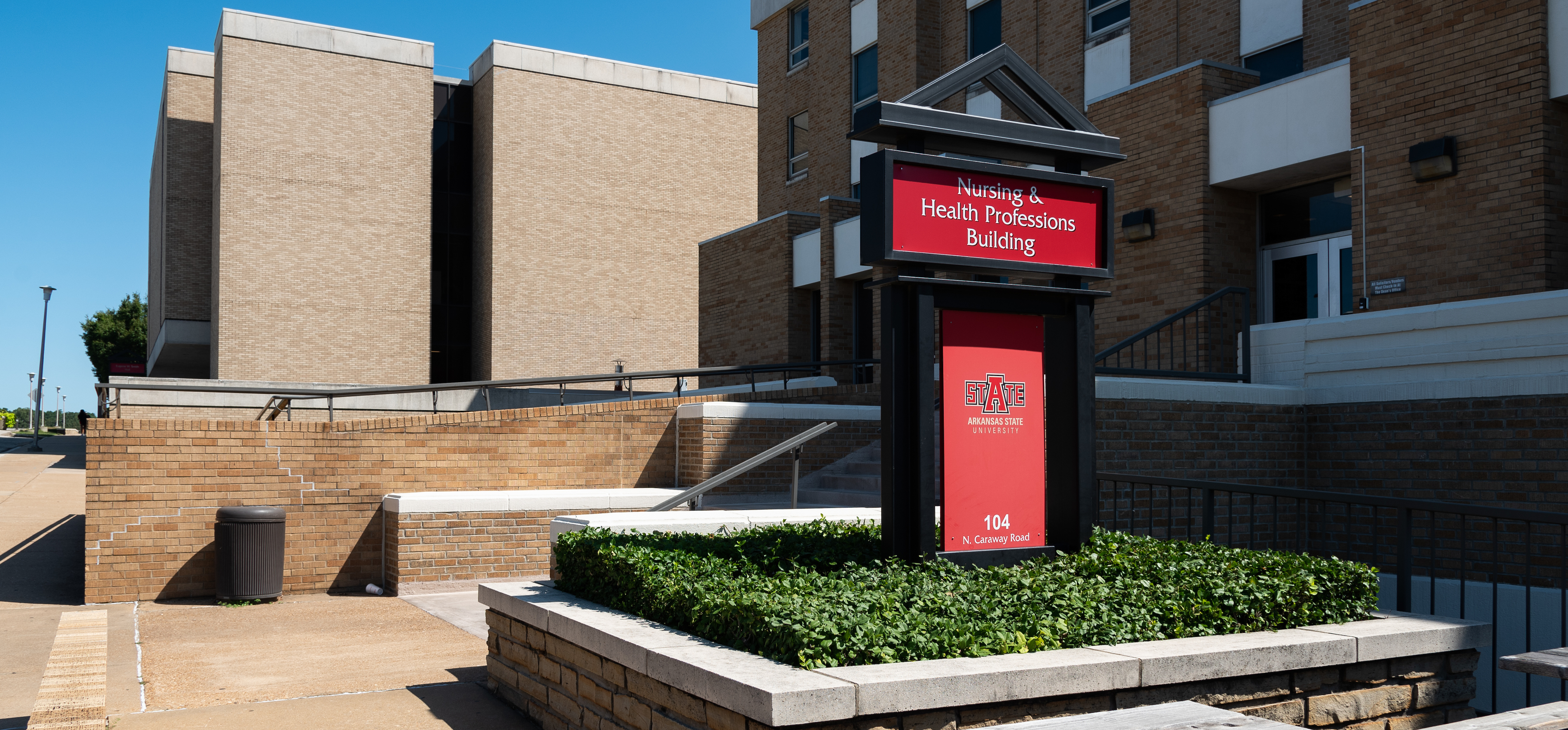Degree Name
Nursing Practice, DNP
Publication Date
2-13-2021
Upload Date
2024
First Advisor
Christopher Jordan
Second Advisor
Jessica Camp
Abstract
Literature reveals accurate medication reconciliation results in increased patient satisfaction, improved patient outcomes, higher patient safety, shorter length of stay, and cost-effectiveness. With every transition of care a patient experiences, their risk for medication discrepancies increases—the project aims to enhance the medication reconciliation process in one long-term acute care hospital in Arkansas. The project aims to evaluate the current process, educate staff, implement a medication reconciliation toolkit, and assess accuracy. Baseline information resulted from reviewing twenty medication reconciliations. Seventeen of the 20 (85%) records had some type of medication discrepancy: (13) lack of verification, (6) dosing errors, (5) missing stop dates, and (6) drug omission or duplication. Education materials were presented to the administration and nursing staff. Pre-test and post-test results concluded success with the educational opportunity. The evidence-based, standardized medication reconciliation design was introduced and implemented. After implementation, follow-up results were obtained by auditing an additional twenty records. Post analysis, thirteen medication reconciliations were accurate and complete. Seven medication reconciliations failed to be verified. The post-implementation statistics show 65% accuracy compared to 15% accuracy before implementation. Therefore, the standardized medication reconciliation process has improved the delivery of quality care. Follow-up measures and revisions will be required to obtain additional improvements.
Rights Management

This work is licensed under a Creative Commons Attribution-NonCommercial 4.0 International License
Recommended Citation
Clark, Teresa, "Improving Medication Reconciliation Quality During Long-Term Acute Care Transitions of Care" (2021). Doctor of Nursing Practice Projects. 25.
https://arch.astate.edu/dnp-projects/25


